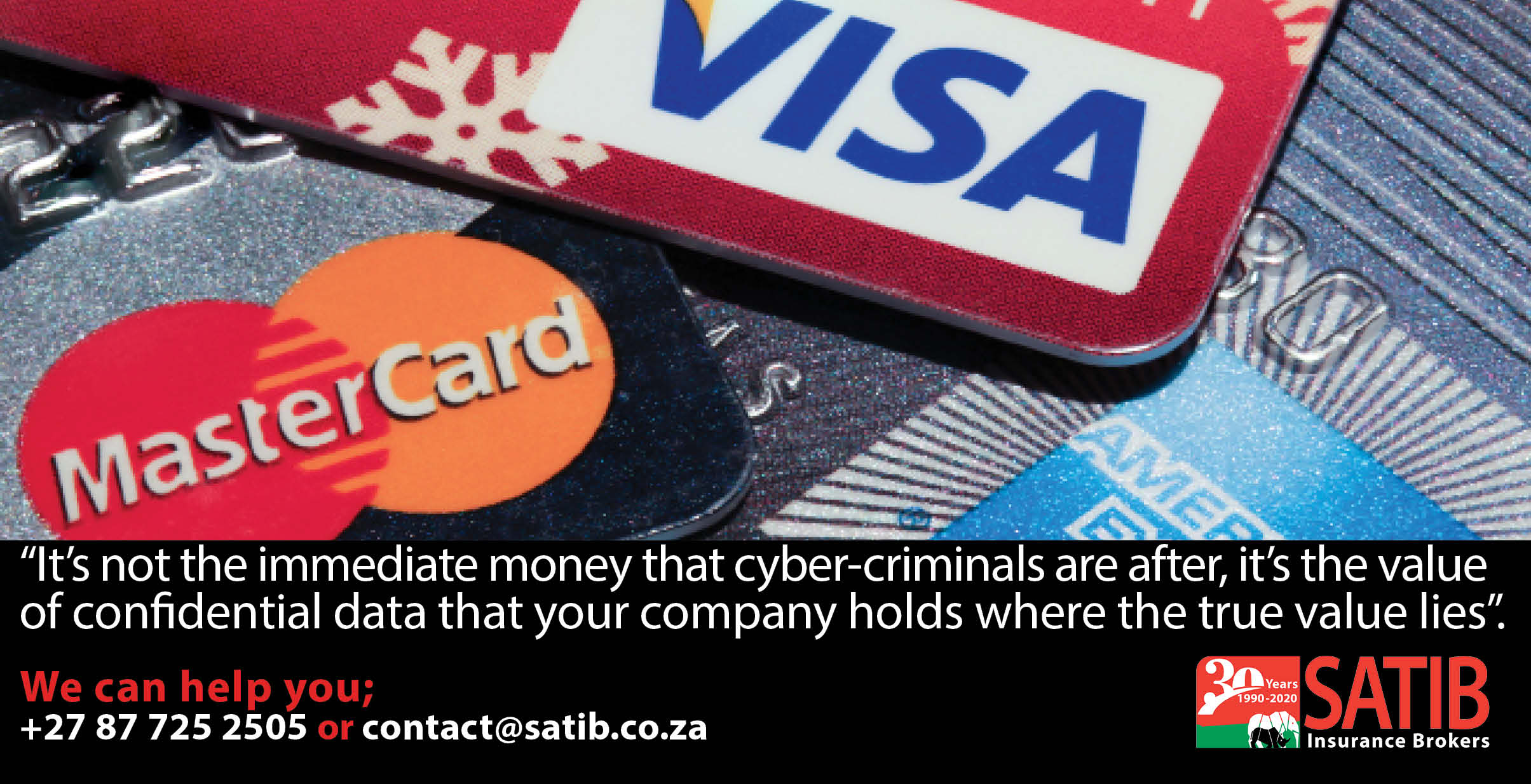Over the past 15 years business has evolved to the point where it is 100% dependent on digital systems for daily function. Email, Cloud Storage, remote servers and banking, all everyday activities for a business, are entrusted as ‘locked, protected and secured’ by a few stokes of a keyboard – a password.
As I write this article, I’ve remotely logged on to my company’s shared server through a password and I will soon email this article to a co-worker through another password protected program. I’m confident that it will be okay – I mean, at the end of the day, I’m not working for a secret agency so why would hacking my computer be an attractive target for cyber-attack?
A cyber-attack, is defined as an attempt to damage, disrupt or gain unauthorized access to computer systems, networks or devices (Lloyds, 2019). A data server being a computer that provides other computers with access to shared files over a network (Lloyds, 2019).
Should a hacker gain access to my computer he/she would take a massive leap towards gaining access to the company’s data server which, alongside confidential company documents, holds a depository of client’s records: names, ID numbers, banking details etc.
The majority of SME’s feel that they are not at threat because they don’t deal with the processing of large funded transactions. However, it’s not the immediate money that cyber-criminals are after, it is the value of confidential data that your company holds where the true value lies.
Cyber fraud is one of the least reported criminal activities for one reason – reputation damage. Ask yourself how secure you would feel in dealing with a company who has been hacked? A company who would potentially hold personal information such as name, physical address, email address, telephone number and ID number, bank account details (number / branch code / expiry date and often CCV number). Our immediate thought would be “I would never hand that type of information to any company” – however, leasing companies, medical practitioners, lawyers and contractors all have such client records on files.
The next question to ask yourself – “would I consider e.g. a leasing agency to be a large scale corporate?” If not, then it would fall into the category of SME (Small to Medium Size Enterprise). Which category does your current business fall into?
With cyber-attacks increasing by 22% in the first quarter of 2019 compared to the first quarter of 2018 (translates into approximately 13 842 attempted cyber-attacks) in South Africa (Fin24) how sure are you that your business won’t be hit where it hurts most – destroying the trust of your current clients and business reputation?
Contact SATIB on 087 095 2848 or email contact@satib.co.za to discuss how we can help secure your business from the ever pending threat of a cyber client hostage situation.
Our Cyber policy protects in many ways, but it all starts with knowing what to do and who is there to help you when a cyber incident occurs:
Data breach incident response – Call our hotline to a pre-approved top breach response law firm, who will initiate an investigation and coordinate the response plan on your behalf. This hugely important support will guide you through the process of dealing with this incident, including doing the following:
- Engagement of forensic and IT security vendors to investigate the scope of the breach and provide expert response guidance.
- Identification of mandatory notification requirements.
- Assessment of voluntary notification options.
- Agreement of notification strategy / plan.
- Appointment of Call Centre / Credit Monitoring service providers.
- Public relations services.
- Mitigation of potential 3rd party liability actions
If the incident is a cyber extortion, our product has a Cyber Extortion section that gives cover for our customer’s costs incurred in dealing with this extortion attempt.



